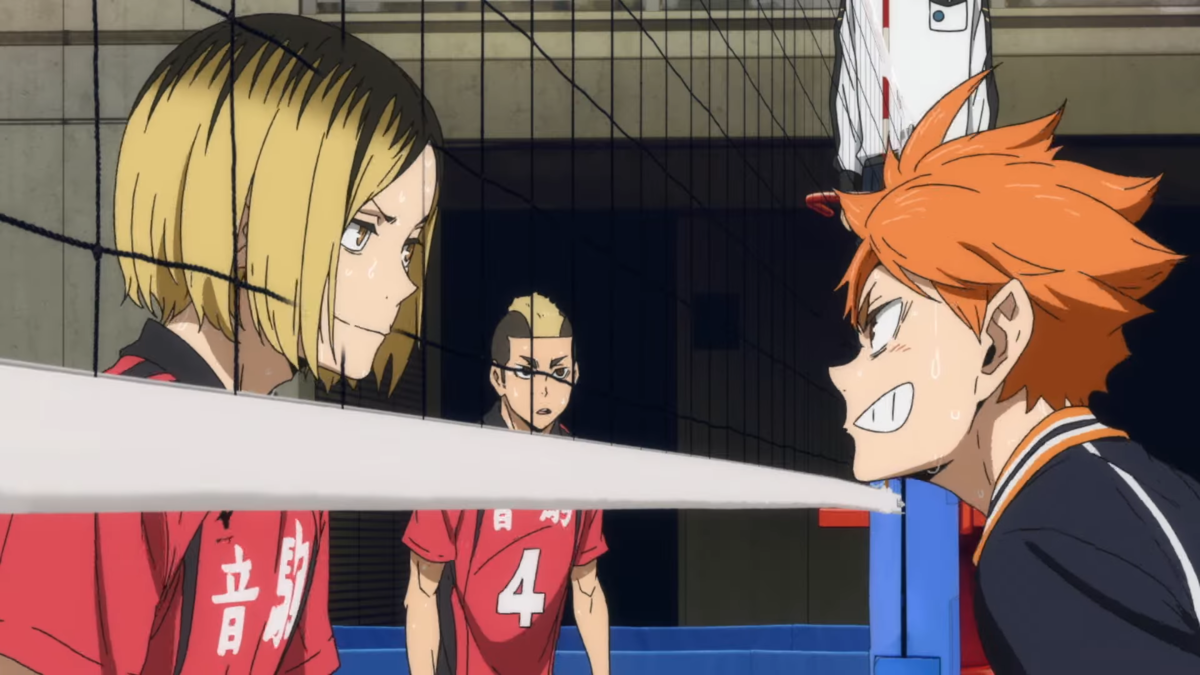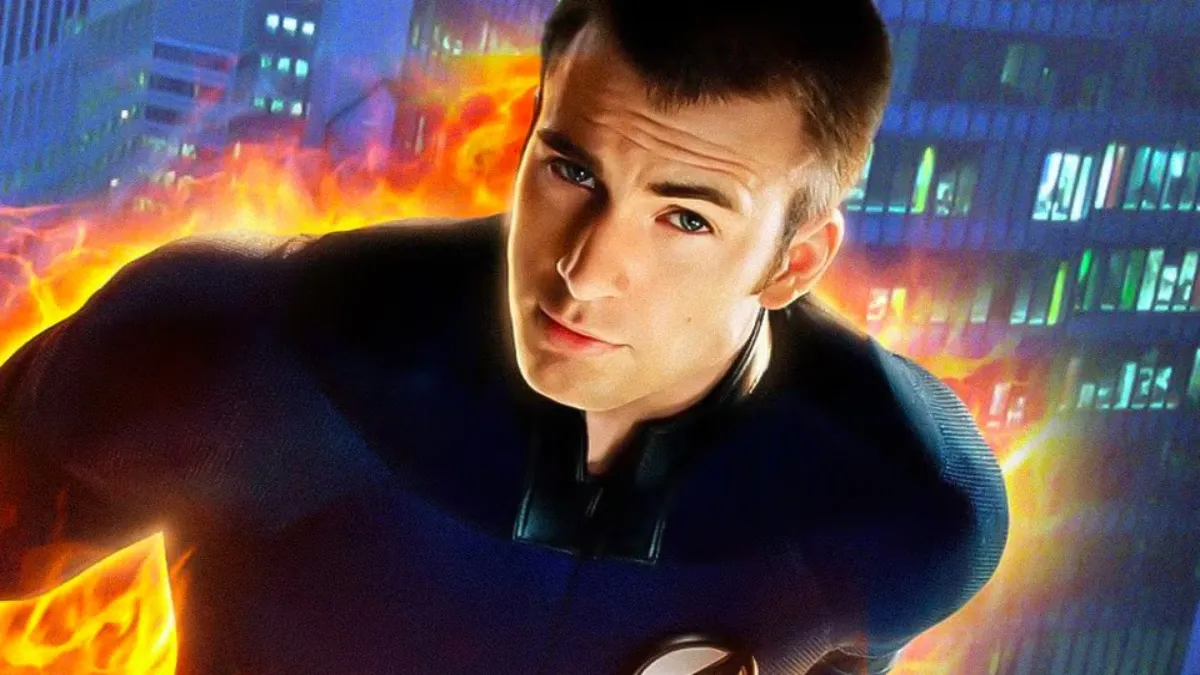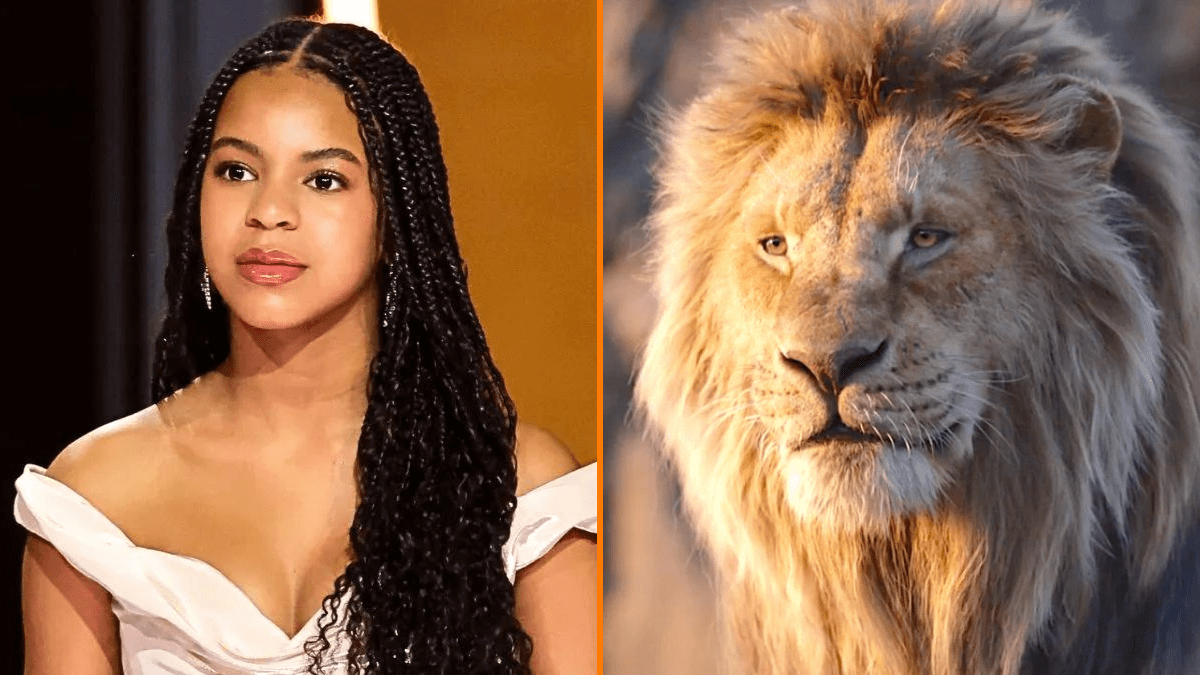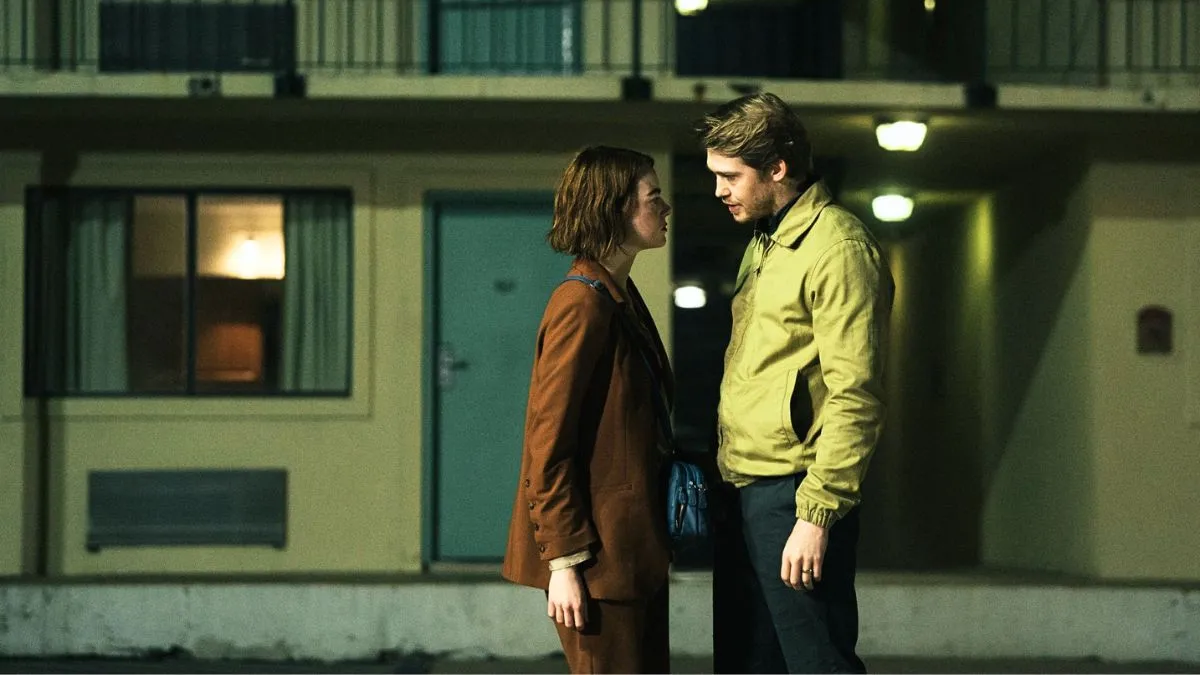Floria Sigismondi’s The Turning, based on Henry James’ novella The Turn Of The Screw, is the exact spookless blunder that gives “January Horror” a pitiful reputation. Chad and Carey Hayes seem utterly lost without James Wan’s partnership since their screenplay barely reflects basic three-act structures. Scares are beyond stale, Mackenzie Davis is walled within a dusty structure of haunted tropes, and to top it all off, there’s no finishing punch. Really no third act at all given how Sigismondi’s “exit, stage left” into the credits crawl is laugh-out-loud incompetent. I deeply, sincerely, hate this movie, and “hate” is a word this critic rarely allows into play.
Spoilers to follow, because I have some major thoughts on the film’s ending. It’s impossible to gloss over or ignore. You’ve been warned.
Ms. Davis plays Kate, a hired governess who becomes live-in caretaker to siblings Flora (Brooklynn Prince) and Miles (Finn Wolfhard). Her new mansion dwelling comes with antique dilapidation and extravagancies such as a hedge maze in the backyard, but it’s Miles’ behavior that strikes Kate most odd. The teenager, recently expelled from boarding school, exhibits aggression and inappropriateness towards his new overseer. Kate does her best to keep the house in order, but chilling nightmares and eerie noises keep her awake at night leading to exhaustive paranoia. Is it all in her head, or does the creepy-looking estate hold equally creepy secrets?
Whether studio tampering is to blame or general incoherence (lots of trailer footage is not in the final cut), The Turning is a string of ominous introductions with zero payoffs. You’d think Miles’ spider companionship would lead somewhere, or hints towards the shrubbery labyrinth being “inescapable” might beget something climactic. Introduce a plot device, shove it in our faces, then…forget such existence? It’s basic narrative thoughtfulness that’s fumbled over and over again, even more hamfisted than multiple asides where Kate phones her ex-roommate and best friend just to talk herself out of quitting for VERY OBVIOUSLY CORRECT REASONS. These are basic gripes.
Diving deeper, we have the film’s villain: Quint (Niall Greig Fulton), a male ghost of an ex-employee who loves committing sexual harassment. I kept waiting for there to be a larger motivational commentary behind the violent misogynist’s spirit, but nope. The Turning characterizes Kate’s tormentor without ever addressing trauma or thematic depth, only to then speed away from any contemplative acknowledgment with a finale that gives up the ghost arc quicker than Bruce Willis after The Sixth Sense’s wrap party. It’s exploitative, unexplored, and grossly cheap as quickie character development is never dually repaid. Better saved for films equipped with the means to grapple the sensitive and serious issue of assault, which Sigismondi’s trainwreck most certainly cannot.
The Turning so desperately wants to replicate Mike Flanagan’s The Haunting Of Hill House, but it lacks both a beating, compassionate heart and an eye for emotional horror. Flanagan’s upcoming second season will tackle the same Henry James literature, which faces no respectable competition. You could binge-stream 12 hours of Gilbert Gottfried wearing a sheet with eye holes, shouting, “I AM THE GHOST WHO HAUNTS HILL HOUSE, LOOK HOW FREAKY I AM,” and it’d still be more inventive than what the Hayes brothers pen. Sigismondi isn’t even bottling “Mike Flanagan Lite.” This is just some skunked bathtub swill slapped with a handwritten label that says “Spooky” except the “k” is backward for some reason.

It’s not even that The Turning is distastefully shot. Kate’s exploration of vacated manor wings might be dimmed to a cave’s natural lighting, but you can appreciate the inherent production value in greenhouse gardens or mannequin-infested sewing rooms. David Ungaro’s cinematography looks the part as the next apparition appears in a window for the umpteenth time or older-than-dirt Mrs. Grose (Barbara Marten) covers up another seedy undertaking. For a film built on mood and atmosphere (Nathan Barr’s orchestral score stung by electric guitar riffs is a high), Sigismondi’s music video background favors visuals but barely exists to thrill. Less “methodical,” more “mechanical” by way of breaking Kate’s wills.
Mackenzie Davis, heroically, does her best to salvage this hollow representation of an old-world ghost story. Kate’s artistic mother smudges charcoal on canvases in a mental asylum, adding levels of genetic instability that quite possibly could corrode Kate’s mind in time. Sigismondi’s intent is to blur the lines between paranormal terrorization and dementia as Kate battles both, which, once again, is a failed trick despite the looks of hysteria plastered onto our poor nanny protagonist. Davis is left to do all the heavy lifting, even with the sweetest little Brooklynn Prince and Finn Wolfhard’s sexual-predator-in-training act, given the house’s grip over its inhabitants. Wolfhard, unfortunately, ends up throwing lines that promote giggles when Sigismondi’s striving for toxic unease.
All this and we finally reach the film’s conclusion, which is more tragic than Flora and Miles watching their own parents die in a car crash (hence Kate’s new job). With expectancy, we follow an ending that’s blueprinted in many a “fight the evil, escape the house” thriller. Then we find out that’s nothing but a delirious ruse, and the film doubles back to a previous point as to kickstart a second, “truer” ending, only to last one more scene and then drop the curtain with countless questions left to be answered. It’s…extremely incompetent. Audiences don’t need to be spoon-fed, but jettisoning momentum, pacing, and climax is a whole other abysmal situation. We don’t even get a final scream, as the film ends on Kate’s character supposedly glimpsing something grotesque or paralyzing, but we’ll never know because it just kicks to black with unforgiving haste.
Reader, I laughed aloud. The Turning is not a complete movie. I’m embarrassed for whoever cut that together and said, “Yes, this is how films should end!”
Without question, The Turning will be grouped with the worst horror flicks I’ll see all year. Modern horrors such as domestic abuse, sexual crimes, and Alzheimer’s fates are never granted the thematic heft they so very justly deserve. Figures and shapes plague Mackenzie Davis’ sleuthing around her character’s unexpected prison, but it’s hopelessly derivative. What you get is three-quarters of a Hill House episode with no conclusion or fluidity, mucking about serious topics treated with the most surface-value and expository failures. A “nightmare” that flashes all its cards, neuters suspense and mystery, and wastes its meager cast. Dreadful. Just utterly, categorically dreadful.






